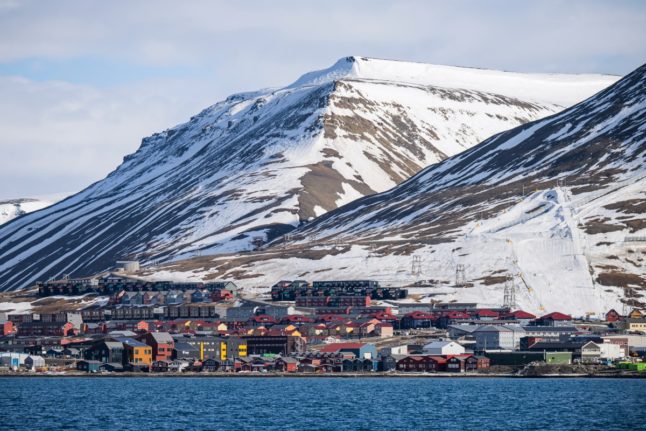The archipelago is located halfway between mainland Norway and the North Pole, in an Arctic region that has become a geopolitical and economic hotspot as the ice melts and relations grow ever frostier between Russia and the West.
For €300 million ($326 million), interested parties can acquire the remote Sore Fagerfjord property in southwestern Svalbard.
Measuring 60 square kilometres (23 square miles) — about the size of Manhattan — the property is home to mountains, plains, a glacier and about five kilometres of coastline, but no infrastructure.
“It’s the last private land in Svalbard, and, to our knowledge, the last private land in the world’s High Arctic,” said lawyer Per Kyllingstad, who represents the sellers.
“The Chinese are naturally potential buyers since they’ve been showing a real interest in the Arctic and Svalbard for a long time,” he told AFP, adding that he had received “concrete signs of interest” from the country.
Special treaty
Since China’s 2018 white paper on the Arctic — a sign of its interest in the region — the country has defined itself a “near-Arctic state” and plans to play a growing role in the region.
Svalbard is governed by a 1920 international treaty that leaves ample room for foreign interests.
It recognises Norway’s sovereignty over Svalbard, but citizens of all signatories — including China — are equally entitled to exploit the region’s natural resources.
Russia, for example, has maintained a coal mining community on Svalbard, via the state-run company Trust Arktikugol, for decades.
But times have changed.
Keen to protect its sovereignty, Norway would not look kindly on the Sore Fagerfjord property falling into foreign hands.
Especially hands in China, which Norway’s intelligence services say poses the biggest security risk to the Scandinavian country after Russia.
Norway’s Attorney General has therefore ordered the owners — a company controlled by a Russian-born Norwegian, according to local media — to call off the planned sale.
“The land can’t be sold without the Norwegian authorities’ approval,” Trade and Industry Minister Cecilie Myrseth told AFP.
“Nor is it possible to hold negotiations about the property,” she added.
That argument is based on clauses of an old loan granted by the state in 1919. Kyllingstad insists the clauses’ statute of limitations has expired.



 Please whitelist us to continue reading.
Please whitelist us to continue reading.
Member comments